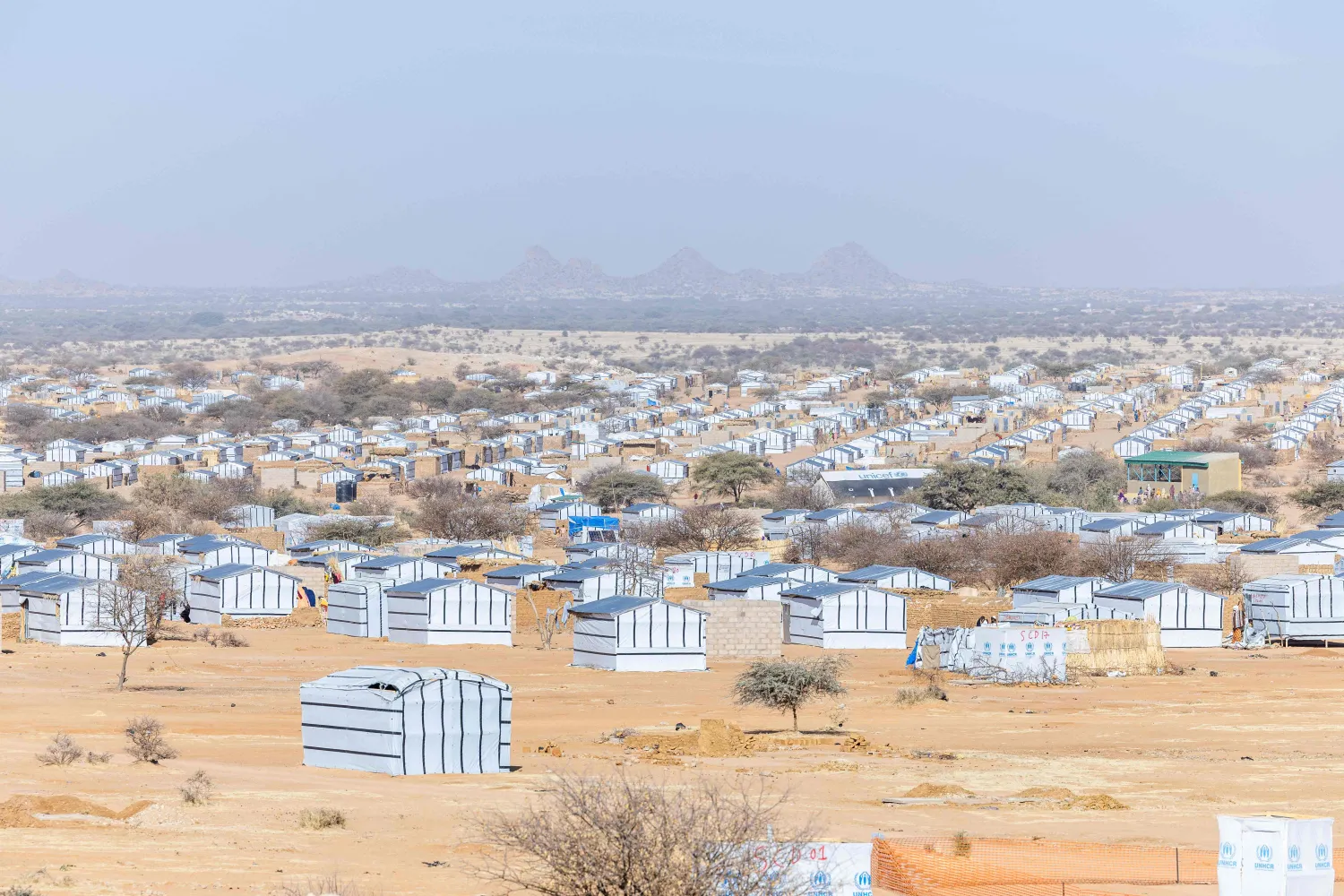Senior Islamic scholars from Pakistan and Afghanistan signed on Thursday the historic “Declaration of Peace in Afghanistan," paving the way for a solution to the long-standing Afghan crisis.
The Declaration supports negotiations between the warring factions and rejects all acts of violence and extremism in all forms and manifestations.
It was signed at the presence of Muslim World League (MWL) Sec-Gen Mohammad al-Issa, at the conclusion of the Islamic Conference in Makkah, under the auspices of Saudi Arabia.
It brought senior scholars of Afghanistan and Pakistan together for the first time to achieve reconciliation for the Afghan people.
The declaration stipulates for a final and comprehensive solution to the Afghan conflict through reconciliation between the warring parties in Afghanistan, by addressing all political, social, economic, and other related issues.
It aims to end the ongoing bloodshed in Afghanistan and lead the Afghan people to peace, reconciliation, stability, and progress.
Violence is not linked to any religion, nationality, civilization, or race, read the declaration, stressing that violence resulting from extremism and terrorism in all its forms, including violence against civilians and suicide attacks, is contrary to the principles of Islam.
The scholars extended appreciation to the Custodian of the Two Holy Mosques King Salman bin Abdulaziz and the Crown Prince Mohammed bin Salman for the firm and historical stance towards supporting peace and stability in Afghanistan.
They also highlighted the Kingdom’s sincere efforts to build bridges and unite ranks, which culminated in bringing the scholars of both sides to a common platform.
They stressed the important role of the Kingdom in establishing solidarity and harmony in the Islamic nation, reiterating the importance of its continuous support to preserve this declaration among scholars in the Islamic world in general, and among Pakistani and Afghani scholars in particular.
The recommendations of the conference approved the establishment of a joint body of scholars to advance peace efforts.
The scholars indicated that their meeting came to discuss the peace process in Afghanistan and support negotiations between the warring factions, as the only way to solve the long-standing Afghan crisis.
The statement called on the two parties to exercise the utmost restraint, avoid further bloodshed, refrain from provocative actions, and sit for direct negotiations in order to find successful solutions to the situation in Afghanistan.
For his part, MWL Sec-Gen asserted that this consensus is a scholarly consensus on a religious issue, and issues of religious controversy can only be resolved by religious scholars.
“This blessed sponsorship and great support by Saudi Arabia’s government comes in line with the Kingdom’s extensive Islamic work, as part of its Islamic duties and responsibilities.”
Issa said that the conference witnesses an agreement between Afghani and Pakistani scholars who influence all parties to end the bloodshed.
Asked by Asharq Al-Awsat about the implementation of this declaration, and the role of the joint body, Issa explained that it will be done through the will and determination of the scholars of Pakistan and Afghanistan, who have a great influence on all parties.
He pointed out that the body will coordinate between the parties to ensure the implementation of the joint declaration.
Pakistan’s Minister of Islamic Affairs and Tolerance of Religions Noorul Haq Qadri said that establishing peace and tranquility, and strengthening tolerance in society, are part of the objectives of Islam.
Qadri lauded the Saudi efforts and involvement to help end this crisis.
Speaking to Asharq Al-Awsat, the minister asserted the importance of maintaining peace and stability in Afghanistan, just as it is with Pakistan, noting that many scholars have an influence on the Afghani and Pakistani people which is a message of peace and security for all parties.
During the opening session, Issa noted that this historic meeting was held under the auspices and support of Saudi Arabia, within the context of the Afghanistan and Pakistan Scholars Conference for Peace in Afghanistan under the umbrella of MWL.
He stressed that the Kingdom has always been keen on playing a key role in addressing the crisis in Afghanistan and the necessity to find a peaceful solution to resolve it.
Qadri said: “Our religion calls for harmony and unity and supports international cooperation and participation in all benevolent work. Islam calls for protecting the country and encourages development and prosperity, and orders boosting peace and avoiding riots.”
The Kingdom and Pakistan had always played an active role in seeking peace in Afghanistan, he noted.









